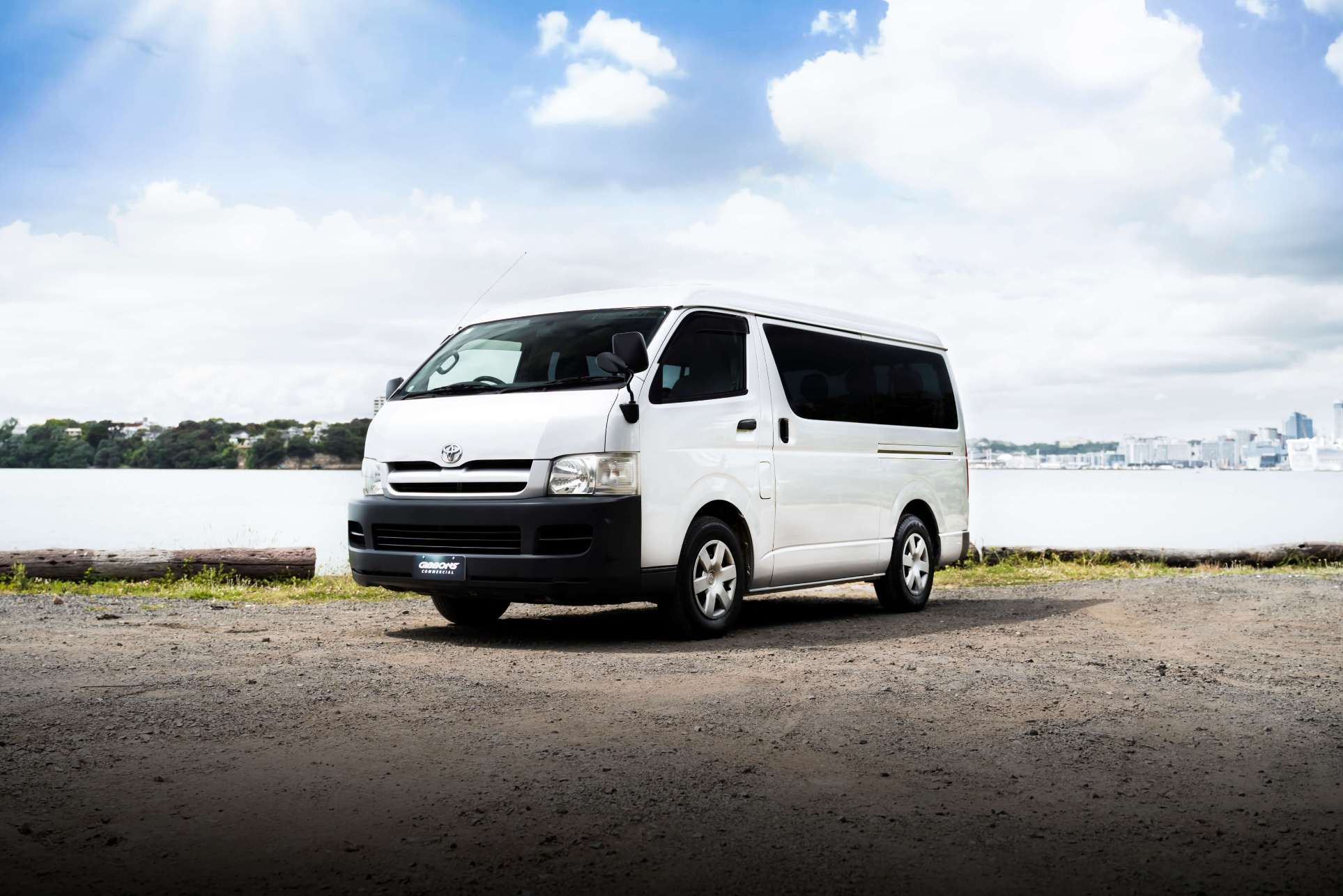Welcome readers to this comprehensive guide on different types of trucks. Whether you are a truck enthusiast, a potential buyer, or simply curious about the various trucks on the road, this guide will provide you with valuable information.
Understanding the different types of trucks is crucial as it helps you make informed decisions based on your needs and preferences.
In this guide, we will explore versatile pickup trucks, mighty dump trucks, reliable box trucks, heavy-duty semi-trucks, and other notable truck sales NZ types.
I. The Versatile Pickup Truck:
A. Definition and Features:
A pickup truck is a light-duty truck with an open cargo area at the back. It is designed to offer versatility, combining the features of a passenger vehicle with the capabilities of a truck. Pickup trucks have a sturdy frame, a powerful engine, and a towing capacity that allows them to haul heavy loads. They also provide ample cargo space in the bed, making them suitable for various uses.
B. Popular Models and Uses:
Pickup trucks come in various models and price ranges, catering to different needs and budgets. Popular models include the Ford F-150, Chevrolet Silverado, and Toyota Tacoma. These trucks are commonly used for personal transportation, as they offer comfortable seating and advanced technology features. Additionally, pickup trucks are ideal for hauling goods, towing trailers, camping, and off-roading adventures.
II. The Mighty Dump Truck:
A. Definition and Features:
Dump trucks are heavy-duty used truck sales NZ designed with a unique feature - a hydraulic system that allows the bed to be tilted and emptied. This design enables efficient unloading of materials such as dirt, gravel, or construction debris. Dump trucks have a robust chassis, powerful engines, and reinforced suspension systems to handle heavy loads.
B. Applications and Variations:
Dump trucks find extensive applications in the construction, mining, and landscaping industries. In construction sites, they are used for transporting materials like sand, gravel, and concrete. In mining operations, dump trucks are crucial for moving large quantities of ore or waste. There are also variations of dump trucks, such as articulated dump trucks with an additional pivot joint for better manoeuvrability and off-road dump trucks designed for rough terrains.
III. The Reliable Box Truck:
A. Definition and Features:
Box trucks, also known as cube trucks or straight trucks, are characterised by their enclosed cargo body design. These trucks have a box-shaped cargo area, with a vertical rear wall and a roll-up door for easy loading and unloading. Box trucks are commonly built on a van chassis and offer increased security and protection for transported goods.
B. Commercial Uses:
Box trucks are widely used for commercial purposes, especially in delivery services and moving companies. Their enclosed design ensures that items are protected from the elements during transportation. Additionally, box trucks can be customised with features such as loading ramps, shelves, and temperature control systems to accommodate specific cargo requirements. They are available in different sizes based on payload capacities, ranging from small box vans to large straight trucks.

IV. The Heavy-Duty Semi-Truck:
A. Definition and Features:
Semi-trucks, also known as tractor-trailers or semi-trailer trucks, are heavy-duty commercial vehicles consisting of a powerful cab and a detachable trailer. These trucks are designed to transport goods over long distances, with a focus on efficiency and safety. Semi-trucks have a large payload capacity, a powerful engine, advanced braking systems, and aerodynamic features to reduce fuel consumption.
B. Transportation Industry Dominance:
Semi-trucks play a crucial role in the transportation industry, as they are responsible for delivering goods across vast distances. They are commonly used in logistics and freight industries, enabling the movement of goods from manufacturers to distributors and retailers. Semi-trucks excel in long-haul transportation, offering the ability to transport large volumes of cargo efficiently. Their detachable trailers also provide flexibility, allowing different types of cargo to be transported.
V. Other Notable Truck Types:
A. Off-Road Trucks:
Off-road trucks are specialised trucks designed to tackle rough terrains and challenging environments. Military trucks, forestry trucks, and off-road recreational vehicles fall into this category. These trucks feature robust suspensions, high ground clearance, and specialised tires to navigate difficult terrains.
B. Tow Trucks:
Tow trucks are designed for vehicle recovery and transportation. They are equipped with a boom, winch, or flatbed to safely tow disabled vehicles. Tow trucks are widely used by towing companies, law enforcement agencies, and roadside assistance services.
C. Refrigerated Trucks:
Refrigerated trucks, also known as reefer trucks, are crucial for transporting perishable goods at controlled temperatures. They are equipped with insulated cargo bodies and refrigeration units to maintain the required temperature during transportation. These trucks are used in the food industry for transporting items such as produce, dairy products, and frozen goods.
Conclusion:
In conclusion, understanding the different types of trucks is essential for anyone interested in the automotive industry or looking to purchase a truck. This comprehensive guide has explored versatile pickup trucks, mighty dump trucks, reliable box trucks, heavy-duty semi-trucks, and other notable truck types. Each type of truck sales NZ serves specific purposes and has unique features. By understanding their characteristics and applications, you can make informed decisions based on your needs. Remember to explore further based on your specific interests or requirements. Thank you for choosing this guide, and happy trucking!
Source URL: https://gibbonscommercial.godaddysites.com/f/a-comprehensive-guide-to-different-types-of-trucks












